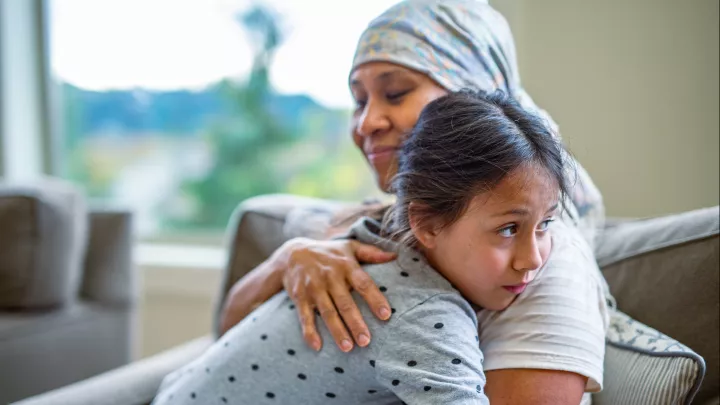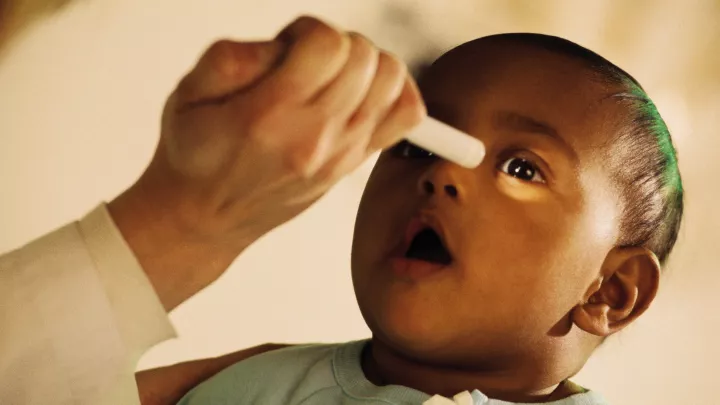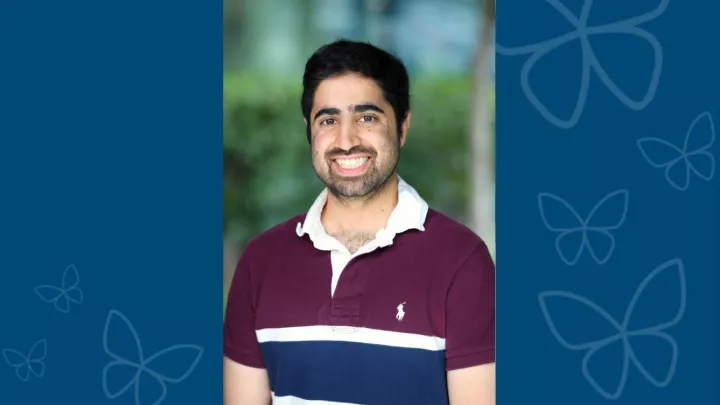HOPE Neuropsychology Service
Certain cancer and blood disease treatments can affect brain functions. Your child may experience changes in memory, thinking, behavior and mood. But with help from Children’s Hospital Los Angeles, these changes are less likely to be permanent.
Our pediatric neuropsychologists take extra steps to lessen the impact of cognitive issues on your child’s long-term well-being. We use a child-centered approach to identify and assess changes in earlier stages. This information helps us adjust treatments, if necessary, and coordinate services that help your child thrive.
More Information About Neuropsychology
Treatments including chemotherapy, radiation therapy and immunotherapy destroy abnormal cells that cause cancer and blood disorders. They may also alter healthy ones, including brain cells that support cognition. Children’s risk for cognitive issues depends on the specific treatments they receive and how their body responds.
Blood tests and imaging studies do not show cognitive changes. A neuropsychology evaluation is the best way to assess the effects of cancer and blood disorder treatments on the brain. Your child works one-on-one with a pediatric neuropsychologist. Evaluations include asking your child questions and having them perform basic tasks.
Our Approach to Neuropsychology for Pediatric Cancer and Blood Disorders
The HOPE Neuropsychology Service is an extension of CHLA’s internationally recognized Cancer and Blood Disease Institute. Our team includes neuropsychologists with additional training in hematology and oncology. This training helps us pinpoint the unique ways that cancer and blood disease care may affect your child’s cognition.
Highlights of our program include:
- Timely services: If your child is receiving care in the hospital, neuropsychologists are available on short notice to help guide treatments. We also provide easy access for children experiencing cognitive issues that are disrupting their daily lives.
- Focused evaluations: Traditional evaluations often take days to complete. We are among a select few programs in the country using targeted examinations to address specific concerns. This approach provides reliable findings, enabling care teams to quickly adjust treatments and lessen their impact on cognition.
- Age- and skill-appropriate assessments: All children receive a thorough assessment, even those who are too young to express themselves or have developmental delays. We use a variety of techniques, including careful observation and play therapy, to communicate with your child.
- Services that reflect your preferences: Neuropsychologists take time to get to know your child and family, including your beliefs and preferences. If English is not your preferred language, you can get help from our Interpreting and Translation Services.
Cognitive Changes That Our Neuropsychologists Assess
Your child may benefit from a neuropsychology assessment for:
- Challenges completing multiple tasks at one time
- Difficulty concentrating or learning new things
- Taking longer than expected to complete tasks
- Struggling to find the right word or finish a sentence
- Forgetfulness or showing signs of memory issues
How Neuropsychology Evaluations Help Your Child
We use neuropsychology evaluation findings to develop personalized recommendations that help your child get the most out of our care.
Recommendations may include:
- Adjusting cancer or blood disorder treatments, such as different medications or lighter doses
- Accommodations that make schoolwork or daily activities easier to complete
- Therapies to improve cognition, which may include brain exercises, occupational therapy or music therapy
- Future neuropsychology testing to assess whether therapies and care changes are helping or detect issues that occur over time
Neuropsychology Research and Innovation
We are working alongside other leading pediatric programs to make focused neuropsychology evaluations widely available. Our neuropsychologists are also exploring the effects of newer therapies, including CAR T-cell therapy, on cognition. These efforts are helping us establish care standards that will lessen the burden of cognitive issues for children worldwide.
Find out more about our hematology and oncology research and clinical trials.
Additional Support Services for Children and Their Families
CHLA’s HOPE Neuropsychology Service is one of the many ways our Cancer and Blood Disease Institute supports children, young adults and families.
Additional offerings include:
- Adolescent and Young Adult Cancer and Blood Disease Service
- HOPE Health Education Service
- HOPE Psychology Service
- School Transition and Reentry (STAR) Service
Resources for Cancer Survivors at Children’s Hospital Los Angeles
At CHLA, your child receives comprehensive support from diagnosis through age 21. Our services can help your child cope with the psychological impact of cancer, late effects of cancer treatment and transitioning to adult care. Learn more about our Survivorship and Supportive Care Program.
Contact us
The Cancer and Blood Disease Institute welcomes new patients, referrals and second opinions. Please call us to make an appointment.
- Existing patients: 323-361-4624
- New patients, referrals and second opinions: 323-361-4100


